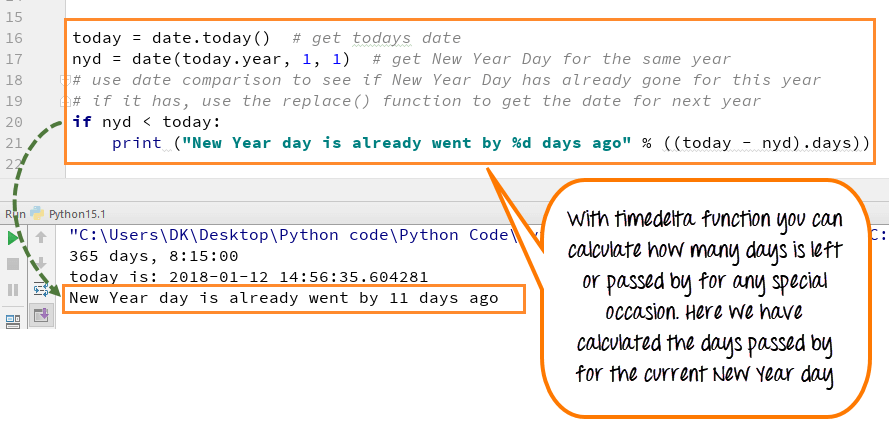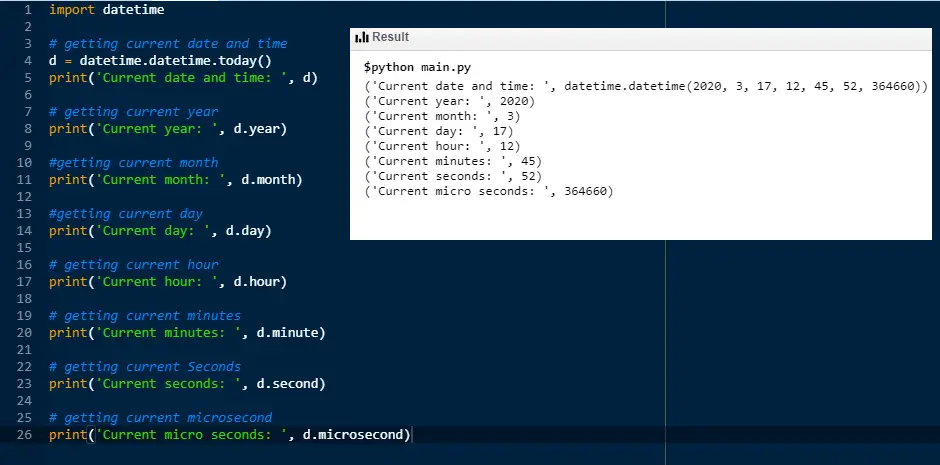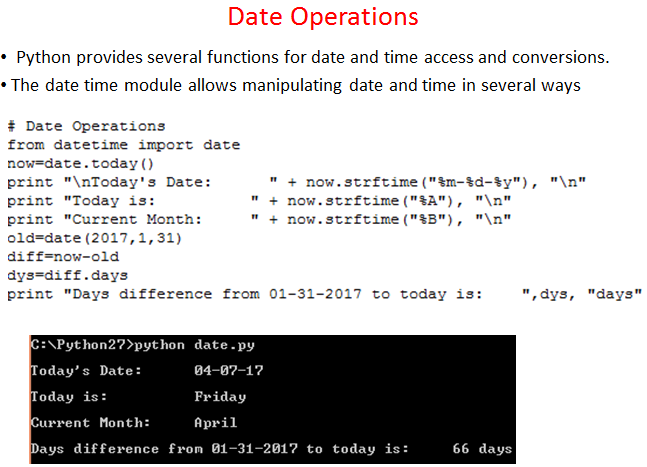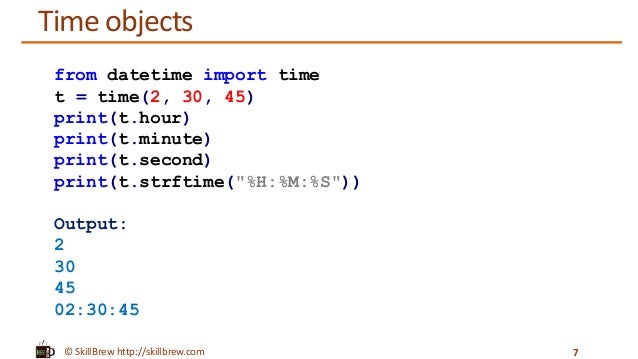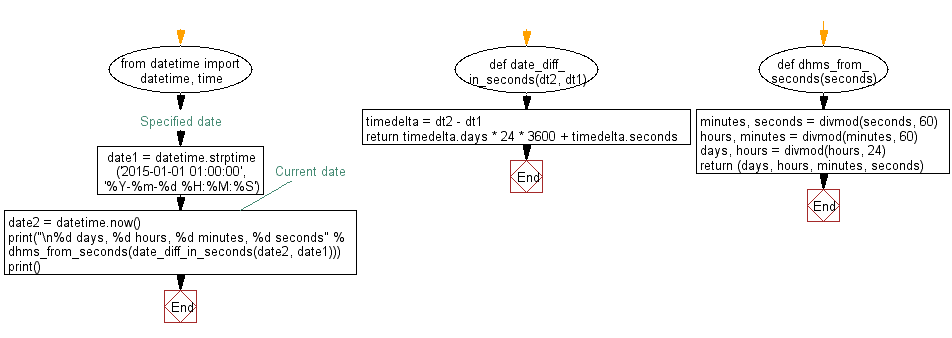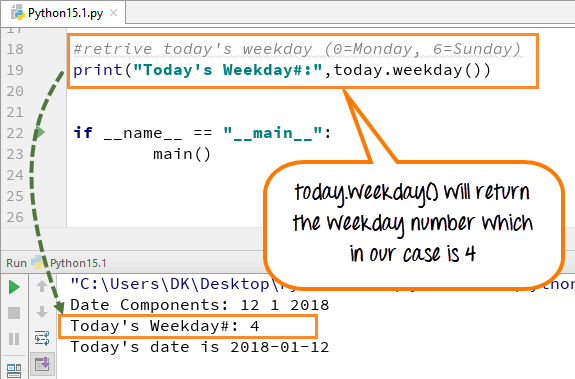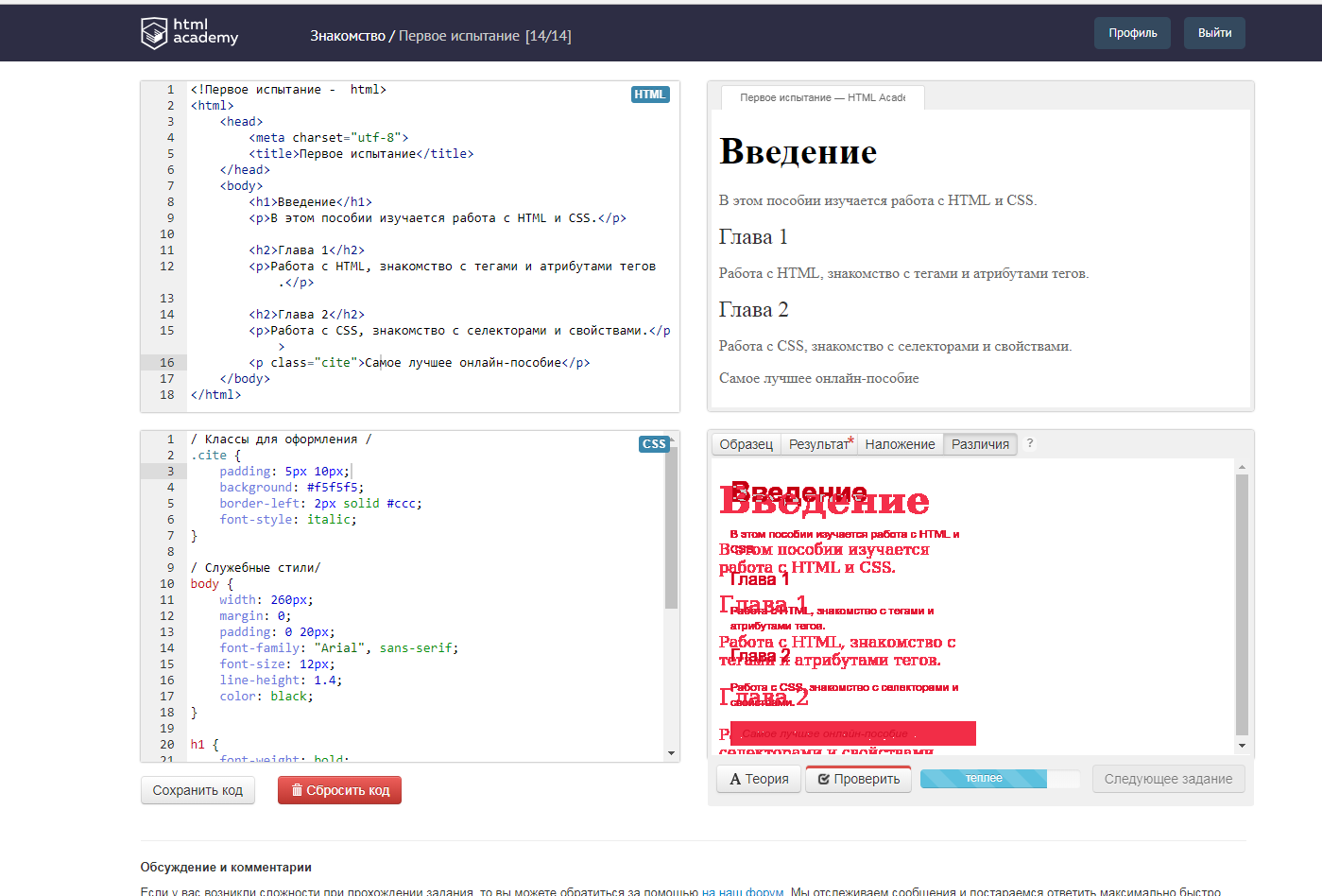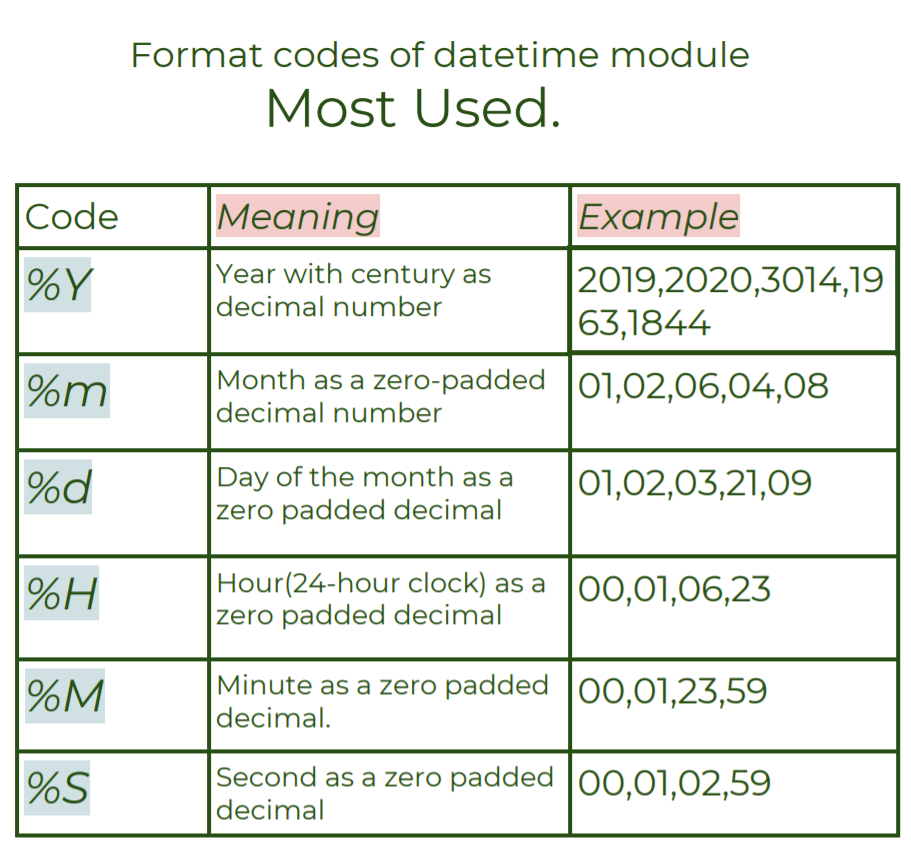'TimeDeltas' represent a period of time that a particular time instance. You can think of them simply as the difference between two dates or times. It is normally used to add or remove a certain duration of time from datetime objects. To create a datetime.timedelta class you need to pass a specified duration to the class constructor. The arguments can be in weeks,days , hours, minutes, seconds, microseconds.
Datetimehelps us identify and process time-related elements like dates, hours, minutes, seconds, days of the week, months, years, etc. It offers various services like managing time zones and daylight savings time. It can extract the day of the week, day of the month, and other date and time formats from strings. For time zones, python recommends pytz module which is not a standard built-in library. You need to install it separately (enter `pip install pytz` in terminal or command prompt) So how to set time zone to a particular datetime? Simply pass the respective pytz timezone object to tzinfo parameter when you create the datetime.
Let's create a datetime object that belongs to UTC timezone. One major problem every developer encounters when working with dates and time is the issue of differences in time zones across the globe. First, we have converted the string to a datetime object, date_time_obj. Then we converted it to a timezone-enabled datetime object, timezone_date_time_obj. Since we have set the timezone as "America/New_York", the output time shows that it is 4 hours behind than UTC time.
You can check this Wikipedia page to find the full list of available time zones. In this tutorial, you'll focus on using the Python datetime module. The main focus of datetime is to make it less complicated to access attributes of the object related to dates, times, and time zones. Since these objects are so useful, calendar also returns instances of classes from datetime. Now let's start doing using timedelta objects together with datetime objects to do some math! Specifically, let's add a few diffeent time durations to the current time and date to see what date it will be after 15 days, what date it was two weeks ago.
An instance of tzinfo can be passed to the constructors for datetime and time objects. The time object is a class in the Python datetime module that represents the local time of the day. Let's see how to extract hour, minutes, and second components from the time class.
The Python time constructor takes some optional arguments, with the most commonly used being hour, minutes, seconds, and milliseconds. In Python, we can work on Date functions by importing a built-in module datetime available in Python. This datetime module contains dates in the form of year, month, day, hour, minute, second, and microsecond.
The datetime module has many methods to return information about the date object. It requires date, month, and year values to compute the function. Date and time functions are compared like mathematical expressions between various numbers. Timedelta objects require several arguments like days, seconds, microseconds, milliseconds, minutes, hours and weeks.
Python's datetime module can convert all different types of strings to a datetime object. But the main problem is that in order to do this you need to create the appropriate formatting code string that strptime can understand. Creating this string takes time and it makes the code harder to read.
Instead, we can use other third-party libraries to make it easier. Working with dates and times is one of the biggest challenges in programming. Between dealing with time zones, daylight saving time, and different written date formats, it can be tough to keep track of which days and times you're referencing. Fortunately, the built-in Python datetime module can help you manage the complex nature of dates and times.
In Python, the date and time module provides various functions for the manipulation of dates. We can also convert a datetime object into seconds by applying mathematical operations. For this conversion, datetime module provides total_seconds method, calender method and timestamp method to convert a datetime object to seconds.
The starting date is usually specified in UTC, so for proper results the datetime you feed into this formula should be in UTC as well. If your datetime isn't in UTC already, you will need to convert it before you use it. The output of tzinfo is None since it is a naive datetime object. For timezone conversion, a library called pytz is available for Python.
Now, let's use the pytz library to convert the above timestamp to UTC. Now let's dig into time and extract the hours and minutes from datetime object. Much like what we did above with month and year, we can use class attributes.hourand.minuteto get the hours and minutes of the day. The pd.to_datetime method is used to convert the string datetime into a datetime object using pandas in python. Dates can give us a lot of information like the month, year, day, weekday and whether it's a holiday or not. Strptime() converts a timestamp in the form of a string to a datetime object which gives us a lot of extra functionalities.
This function expects a string and the format of the timestamp. Handling date-times becomes more complex while dealing with timezones. All above examples we have discussed are naive datetime objects, i.e. these objects don't contain any timezone-related data. The datetime object does has one variable that holds the timezone information, tzinfo.
Next, you create now to represent the current instant of time and give it your local time zone. Last, you find the timedelta between PYCON_DATE and now and print the result. If you're in a locale that does not adjust the clocks for daylight saving time, then you may see the number of hours remaining until PyCon change by an hour. The Python timedelta is an object that represents the time duration, which is the difference between two times or dates.
Found in the Python datetime module, timedeltatakes optional arguments with all initial values set to zero. Is an abstract base class, you need to define a subclass and provide appropriate implementations for a few methods to make it useful. Unfortunately, datetime does not include any actual implementations ready to be used, although the documentation does provide a few sample implementations.
Refer to the standard library documentation page for examples using fixed offsets as well as a DST-aware class and more details about creating your own class. Pytz is also a good source for time zone implementation details. Let's look into some specific examples of strptime() function to convert string to datetime and time objects. We can convert a string to datetime using strptime() function. This function is available in datetime and time modules to parse a string to datetime and time objects respectively. Before jumping in, it's helpful to look at how datetime is put together.
Not surprisingly, this is a combination of a date object and a time object. A date object is just a set of values for the year, the month, the day, and a collection of functions that knows how to handle them. It has values for the hour, the minute, the second, the microsecond, and the time zone. Any time can be represented by choosing these values appropriately. In this quick guide to Python's datetime module, you'll learn how to parse dates, extract meaningful information from dates, handle timedelta objects and much more.
Thankfully, Python comes with the built-in module datetime for dealing with dates and times. As you probably guessed, it comes with various functions for manipulating dates and times. Using this module, we can easily parse any date-time string and convert it to a datetime object. In this example, you create a new datetime instance for tomorrow by incrementing the days field by one. Then, you use relativedelta and pass now and tomorrow as the two arguments.
Dateutil then takes the difference between these two datetime instances and returns the result as a relativedelta instance. In this case, the difference is -1 days, since now happens before tomorrow. In this code, you create now, which stores the current time, and tomorrow, which is a timedelta of +1 days. Next, you add now and tomorrow to produce a datetime instance one day in the future. Next, you'll take a small detour to learn about naive vs aware datetime instances. If you already know all about this, then you can skip ahead to improve your PyCon countdown with time zone information.
In this code, you use tz.UTC to set the time zone of datetime.now() to the UTC time zone. This method is recommended over using utcnow() because utcnow() returns a naive datetime instance, whereas the method demonstrated here returns an aware datetime instance. You also pass the tz keyword to .now() and set tz equal to tz.tzlocal(). In dateutil, tz.tzlocal() returns a concrete instance of datetime.tzinfo. This means that it can represent all the necessary time zone offset and daylight saving time information that datetime needs. We can use thelocalizefunction to add a time zone location to a Python datetime object.
Then we can use the functionastimezone()to convert the existing local time zone into any other time zone we specify . ¶Return a string representing the date, controlled by an explicit format string. Format codes referring to hours, minutes or seconds will see 0 values. For a complete list of formatting directives, seestrftime() and strptime() Behavior.
In this article, we learned to convert a datetime object into seconds format by using datetime module. We discussed the working of datetime functions using different code snippets. In this article, we will learn to convert datetime object to seconds in Python. We will use some built-in modules available and some custom codes as well to see them working. Let's first have a quick look over what are dates in Python.
In this example, I have imported a module called a parser. The parser function will parse a string automatically in the dt variable. Dateutil module is the extension for the standard datetime module. In this tutorial, you learned how to use Pandas to extract a date from a datetime column using the dt accessor. You learned how these accessors work and the types of data that they return.
You also learned how to extract month information from a datetime column as well as weekday information. You'll also learn how to check the data types of other columns and a general overview of common date parts you may want to convert to. You could also simply use the Python .strftime() function, but it's always good to have multiple ways to handle a problem. Date.strftime returns a string representing the date, controlled by an explicit format string. Conversely, the datetime.strptime() class method creates adatetime object from a string representing a date and time and a corresponding format string.
IANA timezone databaseThe Time Zone Database contains code and data that represent the history of local time for many representative locations around the globe. It is updated periodically to reflect changes made by political bodies to time zone boundaries, UTC offsets, and daylight-saving rules. A concrete subclass of tzinfo may need to implement the following methods.
Exactly which methods are needed depends on the uses made of awaredatetime objects. These tzinfo objects capture information about the offset from UTC time, the time zone name, and whether daylight saving time is in effect. In this example, I have imported a module called datetime and assigned an input string as a date and the strptime string is used to get the time in the format. Timestamp() is a function that returns the time in the form of seconds. Let's look at an example where a locale-specific string will be converted to datetime object. We will use locale module to set the locale to be used by python.
In this tutorial, you learned about programming with dates and times and why it often leads to errors and confusion. You also learned about the Python datetime and dateutil modules as well as how to work with time zones in your code. Python datetime has an additional method called .strftime() that allows you to format a datetime instance to a string. In a sense, it's the reverse operation of parsing using .strptime(). You can differentiate between the two methods by remembering that the p in .strptime() stands for parse, and the f in .strftime() stands for format. In this code, you import the three main classes from datetime and instantiate each of them by passing arguments to the constructor.
You can see that this code is somewhat verbose, and if you don't have the information you need as integers, these techniques can't be used to create datetime instances. However, a problem can happen if a user of your program inputs a future date in their local time. Time zone and daylight saving time rules change fairly frequently, as you saw earlier with the 2007 change in daylight saving time for the United States and Canada. In addition to Unix time, computers need a way to convey time information to users.
As you saw in the last example, Unix time is nearly impossible for a human to parse. Instead, Unix time is typically converted to UTC, which can then be converted into a local time using time zone offsets. A datetime object is capable of returning the time and date. Usually, it contains a vast variety of values, namely the microsecond, second, minute, hour, day, month, and year values. On the other hand, an object of the type date only contains the date. Pandas is also capable of getting other elements, like the day of the week and the day of the year, from its datetime objects.
Note that here, as in Python generally, the week starts on Monday at index 0, so day of the week 5 isSaturday. We can easily get year, month, day, hour, or minute from dates in a column of a pandas dataframe usingdtattributes for all columns. For example, we can usedf['date'].dt.yearto extract only the year from a pandas column that includes the full date. You need to derive a concrete subclass, and supply implementations of the standard tzinfo methods needed by thedatetime methods you use. This makes it possible to specify a format string for a datetime object in formatted string literals and when using str.format(). It's common for this to be restricted to years in 1970 through 2038.


